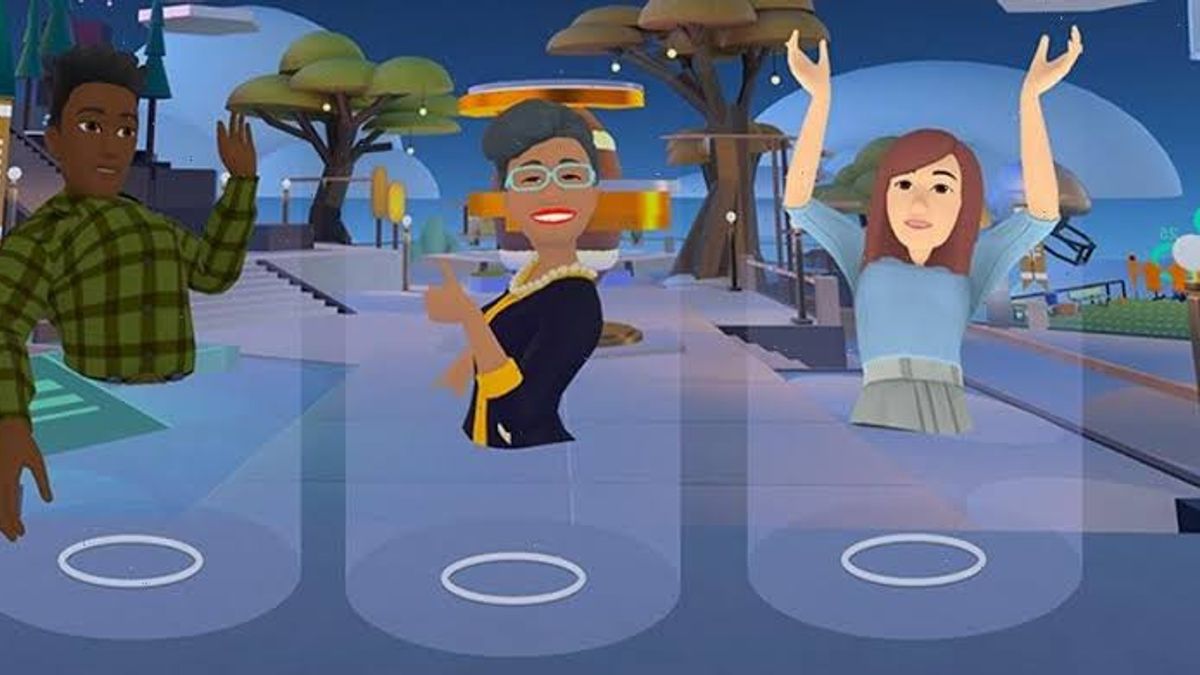JAKARTA - Last month Meta launched the Personal Boundary feature in the Virtual Reality (VR) space, Horizon World. This was done after finding reports of female users who were sexually harassed there. However, currently users can choose not to use this feature.
This Personal Boundary feature allows users to have a virtual two-foot radius limit of each avatar in the vicinity. Currently, Meta is customizing the feature by allowing the user to optionally disable the setting, or control when it can be enabled.
Instead of making Personal Boundary the default for all Horizon Worlds experiences, Meta will instead allow users to choose whether or not they want the setting enabled for all interactions.
Now, VR users will be able to turn off their Personal Boundary, as was standard prior to the launch of the feature. However, there are still small personal boundaries to prevent unwanted interactions. However, this is considered insufficient to prevent bad actors from sexually harassing in the virtual world of Meta.
In addition, users can also activate Personal Boundary for non-Friends, which will be active when the user is with unknown people. Users can also choose to keep the Personal Boundary feature enabled for all experiences.
However, this feature will not be active for known friends list. Given that Horizon Worlds is a new social network, people may make friends with other users they don't know in real life after meeting them in a virtual space.
Meta claims the changes were made based on community feedback following the launch of the Personal Boundary feature in February. The company believes that this new option will make it easier for people to high-five, box, and take selfies with other avatars on Horizon Worlds.
"Development for VR represents what is probably some of the toughest challenges we have tackled in the current generation of computing as we are no longer limited by fixed viewing angles and traditional flat-screen devices," Meta said as quoted by TechCrunch, Tuesday, March 15.
Lastly, the company says it will continue to make improvements as it learns more about how Personal Boundaries affect users' VR experiences.
The English, Chinese, Japanese, Arabic, and French versions are automatically generated by the AI. So there may still be inaccuracies in translating, please always see Indonesian as our main language. (system supported by DigitalSiber.id)













